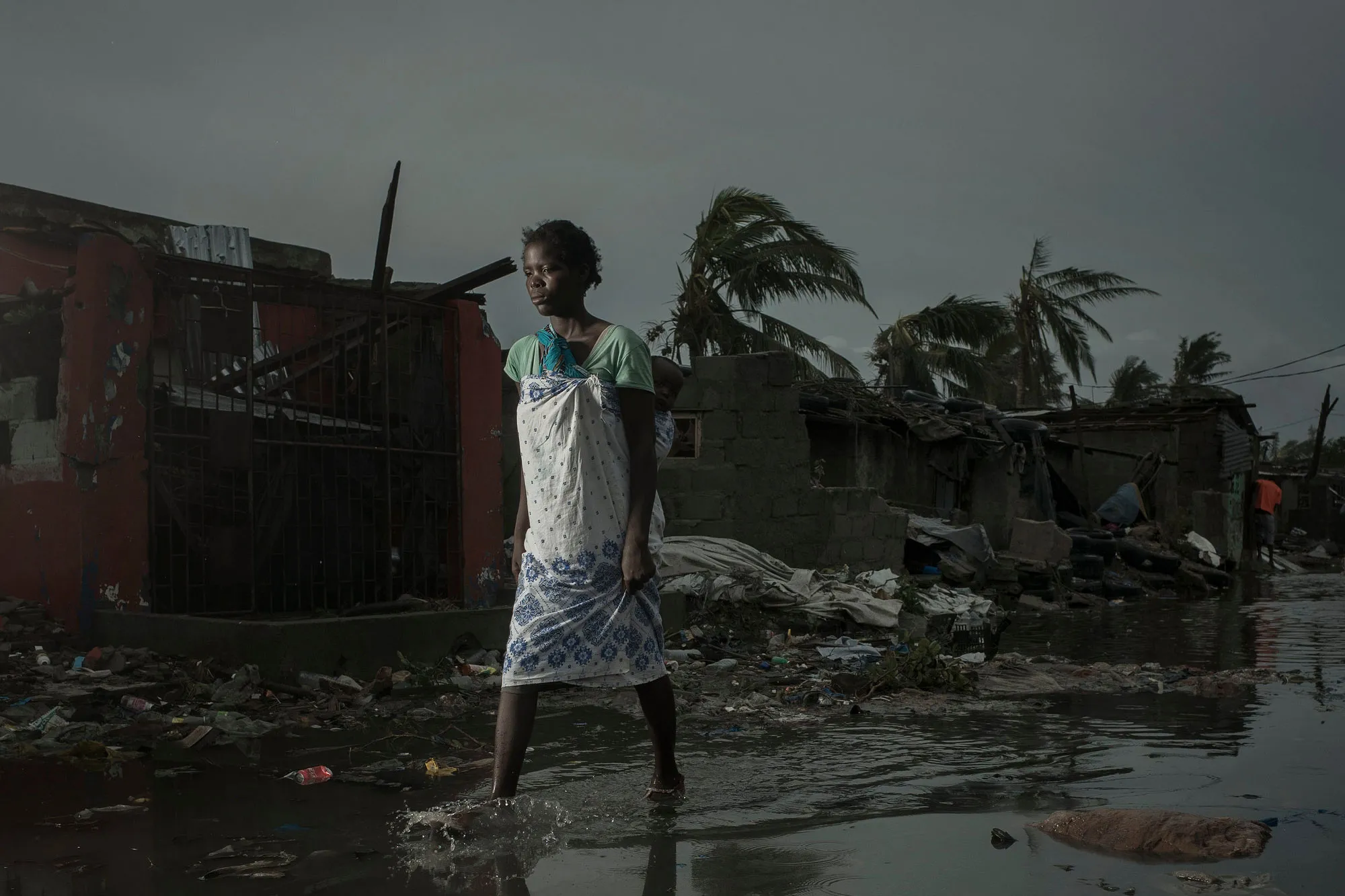Nearly one month ago, on March 14, Cyclone Idai hit Mozambique, Malawi and Zimbabwe with 125 miles per hour winds, killing more than 1,000 people and leaving another 3 million in desperate need of help. Huge waves tore apart power poles, trees and rooftops. In some regions of Mozambique, standing water levels of more than 26 feet remained until a few days ago. As the water recedes, a number of deadly risks are appearing. Children swim in big puddles of water and women are washing their sanitary pads in contaminated water because they have no other choice. Cholera has become a daily threat. There are now 3,577 reported cases of cholera in Mozambique. The number of people showing possible symptoms of cholera has increased rapidly within the last few days.


